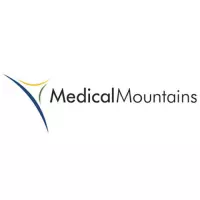
The journey together begins: On March 25th, an online workshop will take place for the first time to go into medias res in the vision process for the medical technology industry initiated by MedicalMountains GmbH. One person is particularly pleased: Prof. Dr. Alfons Dehe. The Hahn-Schickard Institute Director is a key driving force and pioneer.
For the tenth anniversary of MedicalMountains GmbH, Alfons Dehé was the driving force behind the idea not only to dare more cooperation, but also to go forward together. Based on the anniversary motto "Looking into the future", the journey is now beginning, the destinations of which will only gradually become apparent. "A vision should paint a not yet tangible picture of our future that we can strive for together," describes Alfons Dehé. "Such a big hit would help us to orientate the individual roadmaps of the companies towards this goal." On the contrary. "The vision process creates a better understanding for each other and the one vision creates a sense of community." This aspect contains approaches to solutions for many challenges that currently exist and that companies will face in the future: "I am sure that we will come out of this process stronger together. And Alfons Dehé wouldn't be a visionary if he didn't already think outside the box. "It would be nice if we could set a precedent for other sectors with this method," says the head of the institute.
In the ten planned working groups, the internal and external views, the company-specific aspects are combined with their effect on society. MedicalMountains Managing Director Yvonne Glienke emphasizes the latter point again. “The vision process should reach the people. Bring them closer to what medical technology can do for them.” This point of view is also, but particularly, examined in the working groups “Improving quality of life” and “Focus on the patient”. "Here we move very close to the citizens, which certainly makes the discussions very exciting," says Yvonne Glienke.





